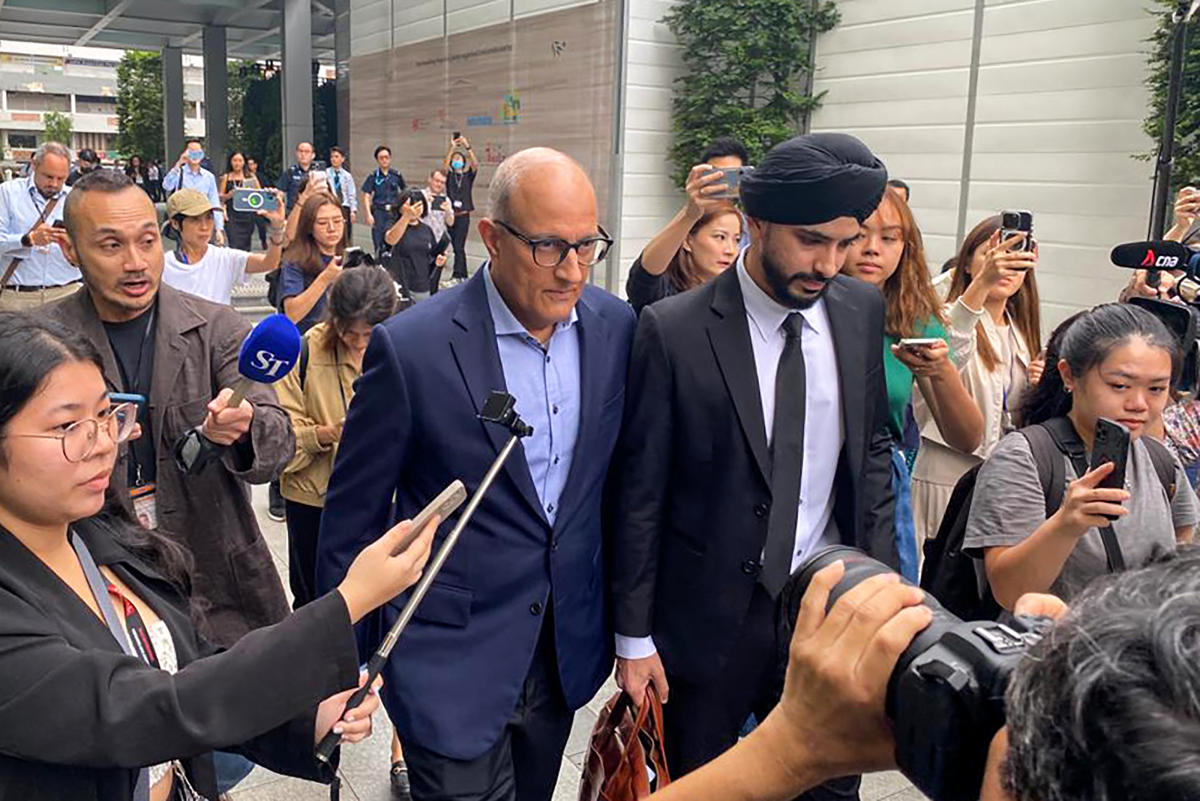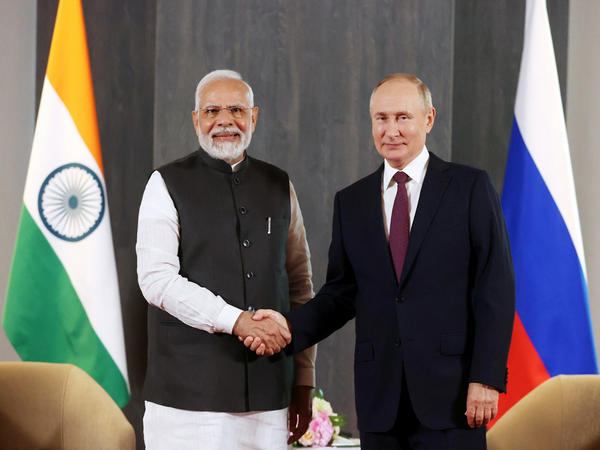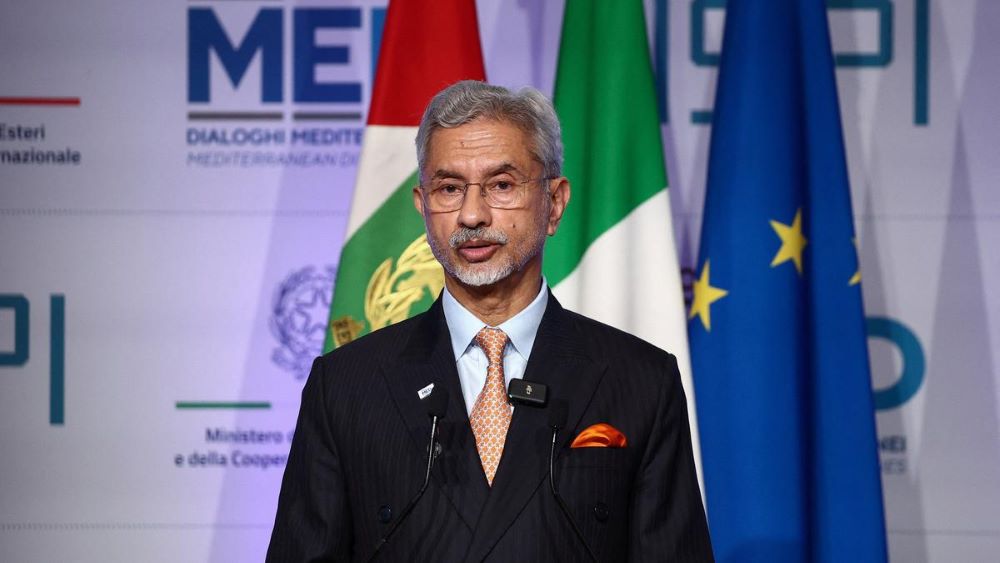Our Bureau
Singapore
In a significant development in Singapore’s political landscape, former Transport Minister S Iswaran has pleaded guilty to multiple charges of corruption, marking a historic moment as the first ministerial corruption trial in nearly half a century. The case has captivated public attention and raised questions about the integrity of public officials in a nation renowned for its stringent anti-corruption measures.
S Iswaran, who also served as the Minister for Transport, was initially slapped with 35 charges related to graft. However, in a plea deal with prosecutors, this number was reduced to five charges. These include receiving gifts valued at over SGD 400,000 (approximately USD 312,000) from prominent figures in the private sector, including property tycoon Ong Beng Seng and construction executive Lum Kok Seng.
The gifts reportedly included luxury items such as concert tickets, golf clubs, and expensive travel arrangements. The prosecution argued that these gifts were given with the expectation of favorable treatment in government contracts and projects. Iswaran’s acceptance of these gifts has raised serious ethical concerns about the influence of private interests on public officials.
In court on Monday, Iswaran acknowledged his wrongdoing by pleading guilty to accepting these gifts and obstructing justice during the investigation. His admission of guilt is a significant step in a case that has been closely monitored by both the public and legal experts.
Prosecutors are seeking a jail term of six to seven months for Iswaran, with sentencing scheduled for next month. This plea deal is seen as an attempt to expedite the legal process and bring closure to a case that has already generated considerable media attention and public discourse.
The case has sparked widespread discussion among Singaporeans about corruption and accountability within the government. Singapore is often lauded for its low levels of corruption, ranking consistently high on global indices measuring transparency and integrity. However, this incident has led many citizens to question whether even a small number of corrupt practices could undermine years of hard-earned reputation.
Political analysts suggest that this case might serve as a wake-up call for the ruling People’s Action Party (PAP), which has maintained a tight grip on power since Singapore’s independence in 1965. The PAP has long positioned itself as a bastion against corruption, and any hint of impropriety among its members could have lasting implications for its credibility.
The ramifications of this case extend beyond just Iswaran’s personal fate. It raises broader questions about governance practices in Singapore and the need for stronger oversight mechanisms to prevent corruption among public officials. Experts argue that while Singapore’s anti-corruption framework is robust, continuous vigilance is essential to ensure that public trust is maintained.
Moreover, this case may prompt discussions about transparency in government dealings and the necessity for clearer guidelines regarding gifts and hospitality accepted by public officials. As Singapore continues to evolve as a global financial hub, maintaining high ethical standards will be crucial for sustaining investor confidence and public trust.

























